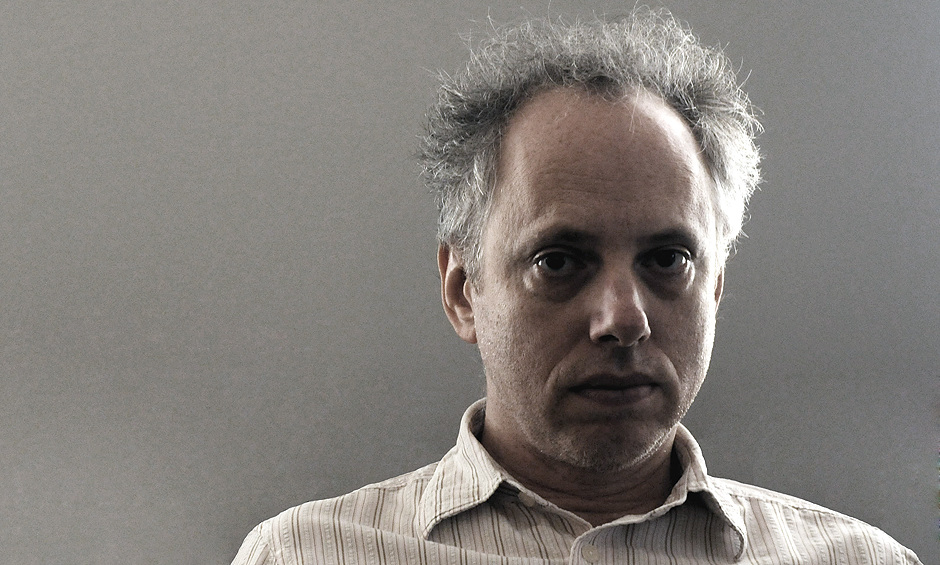Todd Solondz: I don’t know. I like the idea of people not knowing anything. I think that’s the way I like to go to a movie, to know as little as possible when I have that first experience. But on the other hand, you could say for that person who is familiar with my movies that there are certain pluses. So it works out either way.
Q: The title of the film is a callback to Welcome to the Dollhouse [Solondz’s 1995 film], and you brought Dawn Wiener back from the dead actually because you killed her off in Palindromes [Solondz’s 2004 film]. What made you want to come back to this character?
TS: Well, I always had wanted to find an opportunity to revisit her because it would have never been my intention to kill her. I wanted to offer another alternative trajectory, another life trajectory. And this is certainly a much more hopeful, more romantic one. And that’s my prerogative as a filmmaker, that like a fiction writer, you can create other lives and I can also create other lives’ other lives, which is where actors reprise roles or different actors reprise roles played by other actors… I like the idea that, in a sense, Heather [Matarazzo, actress who played Dawn Wiener in Welcome to the Dollhouse] afforded me when she let me know years ago that she never wanted to play this character again... So that freed me, and I could play with all the possible trajectories, the possible lives of the characters that I had devised. And I think this is crystallized at the end of this movie, where Ellen Burstyn looks at all the possible lives lived, because in real life, of course, we are afflicted with just one. But in movies, so much more is possible.
Q: So there are four different segments/vignettes of the film, is any particular one more autobiographical to you than the others?
TS: No, I would say I’m equally autobiographically connected [to them all]. But it’s always a tricky way to describe my work because it’s fair to call it all autobiographical, but it’s also a bit of a slippery slope because nothing in my movies actually happened to me. So it doesn’t make it less true, it’s just transformed into some other narrative that I think will be more accessible, I hope, to audiences.
Q: I know that you’re a professor at NYU, and there’s a segment where Danny DeVito plays a screenwriting professor. Did some of that come from your own experiences teaching?
TS: I love teaching, I do. I love my students, I have wonderful colleagues. NYU, it is an evil empire, and I do have some insight into the way it’s managed and just the remarkable incompetence and corruption that the institution is made up of. But I just go in and do my job, so I’m pretty happy there and I’m taking care fine… I don’t think any of my colleagues or students would say that I resemble DeVito’s character, but I do empathise with him. And particularly in the sense of being a dinosaur [laughs], because I am so much older than my students and I think it’s healthy when they denigrate the idols of one generation. It’s good to knock them over because I think young people have to do that in order to stake a claim, to establish their own voice and terrain.
Q: What specifically was your goal in making Wiener-Dog?
TS: Well, for me it’s all about mortality and how it hovers over each of these stories… That’s really what this is a kind of exploration of, I suppose. The stories themselves, they move me in different ways, satirically or philosophically or emotionally. Without the emotional pull, I don’t think I could’ve put myself through the ordeal of making it. But I think, while I’ve always called my movies “sad comedies,” I think this one I would call a “comedy of despair.”
Q: Have you ever had a specific demographic in mind that you think your movies will appeal to, or one that you think they won’t appeal to?
TS: Look, I’m lucky I have any audience [laughs]. I don’t take it for granted. I’m grateful that I’ve been able to make these movies. I try always first to please myself, because if you can’t please yourself then how can you please anyone else? That said, you have to figure out how to please yourself in such a way that you’re able to communicate that pleasure, that meaning to others to make it accessible. So I’m always trying to navigate that line, but I don’t think in terms of demographics.
Q: You’ve had an incredibly full career so far in your life, is there any particular lesson you’ve learned that you consider to be the most important?
TS: No, I can’t think of any one lesson… You know, I would tell young people if they’re aspiring filmmakers that as long as you love what you’re doing, you can’t go wrong.

 RSS Feed
RSS Feed
